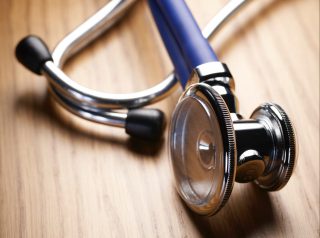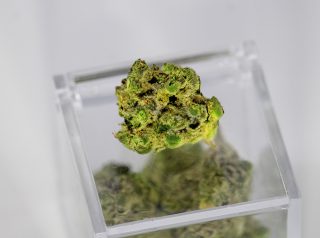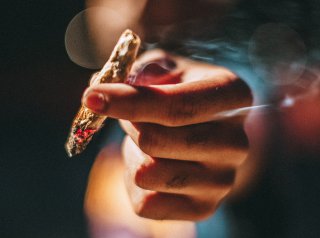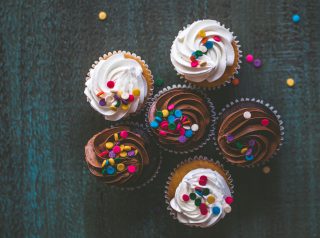Did you know that there are foods to avoid before taking a drug test? It is unavoidable – getting tested when applying or renewing government-issued IDs, or when seeking employment. Abstinence for a certain period is, of course, the surefire way of flushing THC out of the body. Other factors that affect the time it takes include lifestyle choices – food being one of them.
To pass the drug test, you have to be committed to detoxing. Besides abstaining from toking, you also need to stay hydrated and be physically active. Food intake, as it is, is often overlooked. It does, however, play a significant role in removing traces of marijuana use.
Page Content
4 Foods To Avoid Before A Drug Test
The idea of detoxing is to remove THC, enabling you to pass a drug test. Some foods, though, can add to the THC level. Worse, some could even make you appear to have taken opiates, cocaine, heroin, or meth – regardless if you have never touched them.
These are the foods you need to avoid if you need to get tested for drugs.
1. Hemp Seed-Based Products
Some of the THC that enters the body is stored in body fat tissues. It is released into the bloodstream but slowly – and could take up to 45 days to clear.
Hemp seed-based products like oil, tea, milk, and granola bars should be avoided because they may contain trace amounts of THC. Although the levels are too insignificant as to cause any psychoactive effect, it slows down the detoxing period.
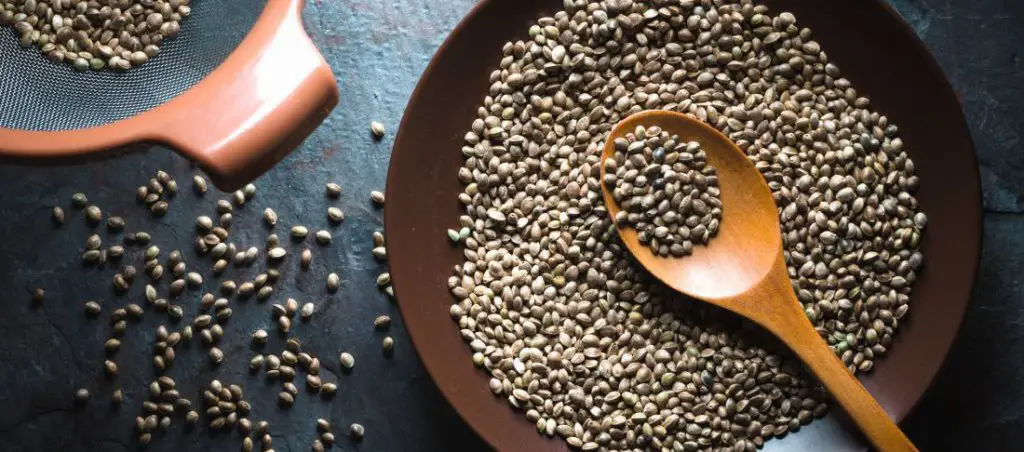
In one trial, for example, a volunteer ingested commercially available cold-pressed hemp seed oil – sold as a health product. After 4-1/2 days, the urine specimen collected tested positive for 9-THCA using a standard workplace urine drug testing procedure.
The findings of that early study may have been quite a surprise. Since then, others have found the same results. Keep in mind, though, that the dosage plays a role. Trials involving hemp seed tea, for example, showed that it is possible to detect cannabinoids in urine samples. The levels, however, are well below the cutoff level of 15 ng/mL set by the US Department of Transportation.
Hemp-derived foods may not likely cause a positive in drug testing, although the potential is there. Based on the cited studies and numerous other studies, cannabinoids can be detected. In the case of an individual who had smoked or consumed THC, the trace amounts from hemp can only add to the accumulated cannabinoids in the body. Even as the fat tissues slowly release THC, it might also absorb some more, leading to prolonged detoxification.
2. Poppy Seed-Based Products
Poppy seeds are often sprinkled on top of baked goods and pastries, such as bagels, muffins, cookies, and hamburger buns. Because it is obtained from opium poppy plants, it naturally contains small amounts of opium alkaloids, especially morphine and codeine.
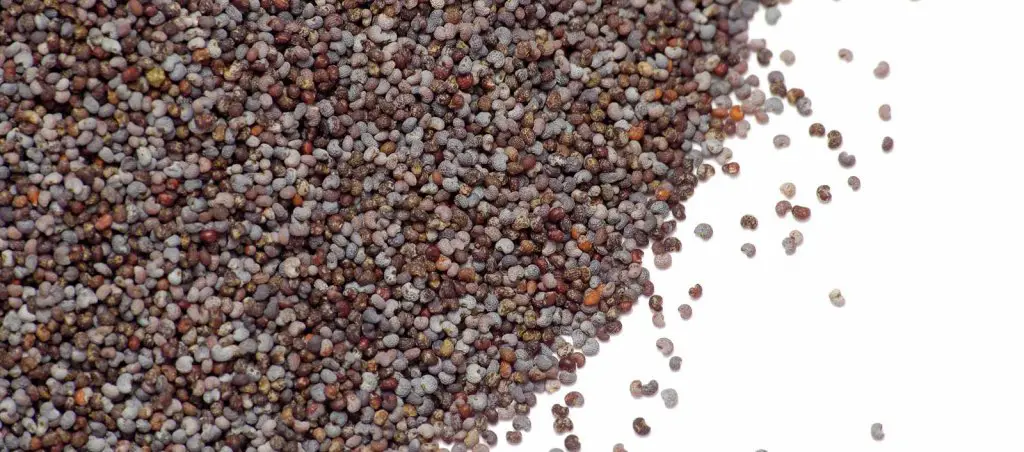
To prove this, one trial had five volunteers consuming cookies with poppy seed filling. Two hours after consumption, the urine samples from all five tested positive on the EMIT procedure. At the 24 hours mark, traces remain.
Recognizing that the cutoff used by the Department of Health and Human Services (DHHS) might be too low at 300 ng/mL, it was changed to 2,000 ng/mL. This initiative was meant to prevent false positives resulting from eating foods laced with poppy seed filling. Do note that some labs continue to use a lower cutoff level.
If you have an upcoming drug test, then you should avoid eating any food that contains poppy seeds. You don’t want to experience what a mom who had given birth and was separated from her baby – because she was tested positive for opium. All she had eaten was a poppy seed-covered bagel. In another case, a man was suspended from work after testing positive for morphine derived from opium. He had to pay for another lab test to prove that he is not a ‘heroin’ user. The culprit, in this instance, was eating poppy seeded buns and bread a day before the test.
3. Coca Tea
Coca tea is a widely consumed beverage in South America and is also available in the United States. It is an herbal infusion made with dried or raw coca leaves – from which the illicit drug cocaine is extracted. While relatively harmless in its natural form, coca leaves carry small amounts of coca alkaloids. As such, drinking this tea may trigger false-positive results for cocaine use.
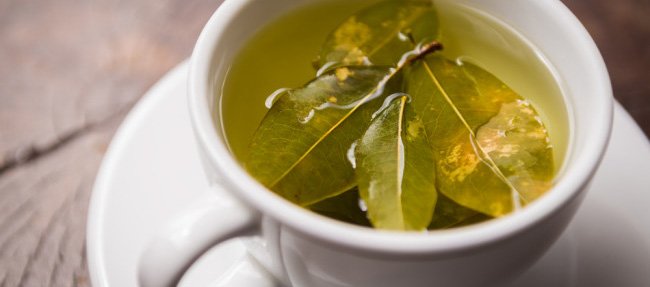
One study found that a single serving of coca tea – which has about a gram of coca leaves – may contain as much as 4.29 mg of cocaine and cocaine-related alkaloids. Researchers concluded that consumption of a single cup of coca tea can result in positive screening for cocaine metabolites in the urine for at least 20 hours. In other words, drinking just one cup may already produce positive results for a cocaine drug test.
Coca tea is incredibly popular in Peru and Bolivia. Bringing coca leaves to the United States, though, is illegal. About the only way to bring it into the country is in the form of tea bags, and it should be ‘decocainized.’
As studies showed, drinking coca tea may result in a false positive. You should avoid this beverage just to be sure that no red flag is raised.
4. Tonic Water
Quinine – a crystalline powder extracted from the cinchona tree bark – is used to treat malaria. It is also sometimes combined with street drugs. For example, quinine is used to “cut” or adulterate heroin. As such, it could serve as a possible marker of illicit drug use.
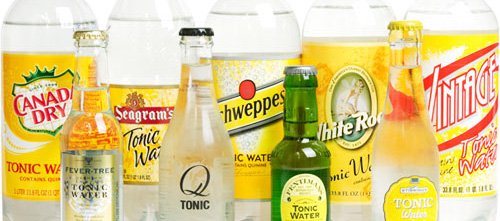
This opioid is seldom detectable in body fluids due to a short half-life of three minutes. And while it breaks down into morphine, only trace amounts can be excreted as 6-MAM. Since 6-MAM can be hard to detect in urine samples, some tests may also use quinine as one of the indicators of heroin use.
You may not be aware that tonic water, which has a distinctive bitter taste, can be attributed to quinine as one of its ingredients. This carbonated soft drink is often used as a mixer for spirits, particularly gin and vodka. It could also be the reason why you fail a drug test.
Bonus: Medications And Supplements To Avoid
Aside from food products, certain medications and supplements can also make you test positive for THC and other compounds.
1. Antibiotics
Antibiotics are medications used to combat bacterial infections. Some, including rifampin and quinolones, have been reported to cause false-positive results for opiates.
Quinolones are chemotherapeutic bactericidal drugs. In particular, both ofloxacin and levofloxacin have a higher chance of causing a false-positive in opiate screening. Incidentally, ofloxacin may also trigger a false positive for amphetamine.
2. Cold Medications
Nasal decongestants are a type of cold medication that helps treat runny or clogged nose. One of its primary compounds is pseudoephedrine, which shares a similar structure to amphetamine, the parent drug of methamphetamine or meth. Because of the similarity in chemical makeup, many cold remedies have been associated with false-positive results for amphetamine and meth.
3. HIV Medications
Efavirenz is an antiviral medication used to treat and prevent HIV/AIDS. It has been reported to trigger false-positive results for THC and benzodiazepines. According to experts, it most likely interfered with the way drug tests worked.
Recent studies, though, reported that efavirenz did not produce false-positive results for cannabis in HIV patients undergoing antiretroviral therapy.
4. Ibuprofen
Ibuprofen is a nonsteroidal anti-inflammatory drug (NSAID). It is used to relieve pain and inflammation from various conditions, such as headache, toothache, back pain, menstrual cramps, and arthritis. In rare cases, it can lead to false-positive results for cannabinoids, barbiturates, and benzodiazepines. Other NSAIDs, particularly naproxen or fenoprofen, may also trigger this result.
5. Vitamin B Supplements
Riboflavin and other B vitamin supplements are often derived from hemp seed oil, which means that it can contain trace amounts of THC.
Passing Your Upcoming Drug Test
There is a reason why some substances are deemed illegal. Cannabis happens to sit between being abused and helpful. For sure, there are risks associated with its use, even if the intention is therapeutic. Consuming it in any form is a personal choice. If there are cannabinoids in the body, it will most likely be detected – so are other substances.
To pass the drug test, all you have to do is to avoid using drugs. As for marijuana users, it will take time for the cannabinoids to be flushed out of the body. Or alternatively, you can get Non DOT drug test.
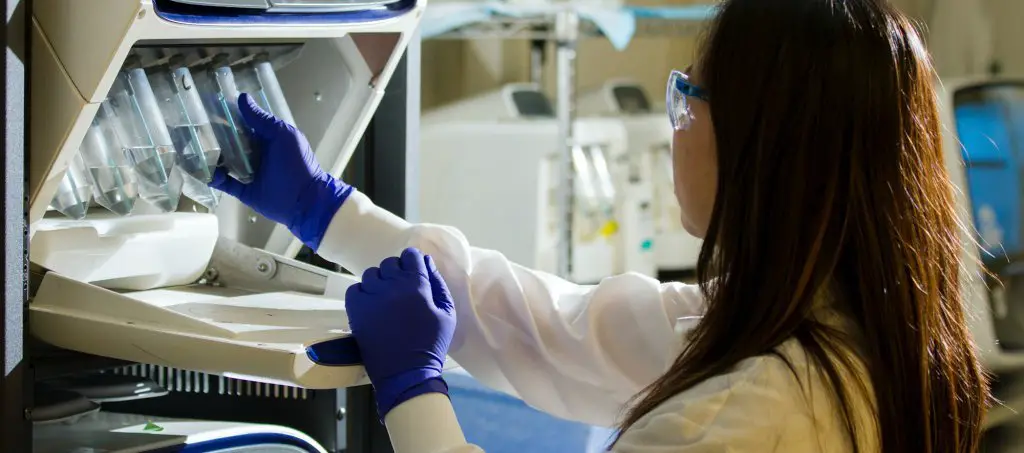
In the meantime, getting rid of the substances entails a change in lifestyle habits. Always stay hydrated. Exercise is not only an excellent way of speeding up the detoxification process but also healthy.
Drug tests, unfortunately, are not foolproof. While research and technological advancements have significantly improved the procedure, several harmless foods and medications can still produce false-positive results. In that regard, you have to go the extra mile and avoid anything that can interfere with the screening. By becoming informed and being careful, you can certainly pass that drug test without any issues.

